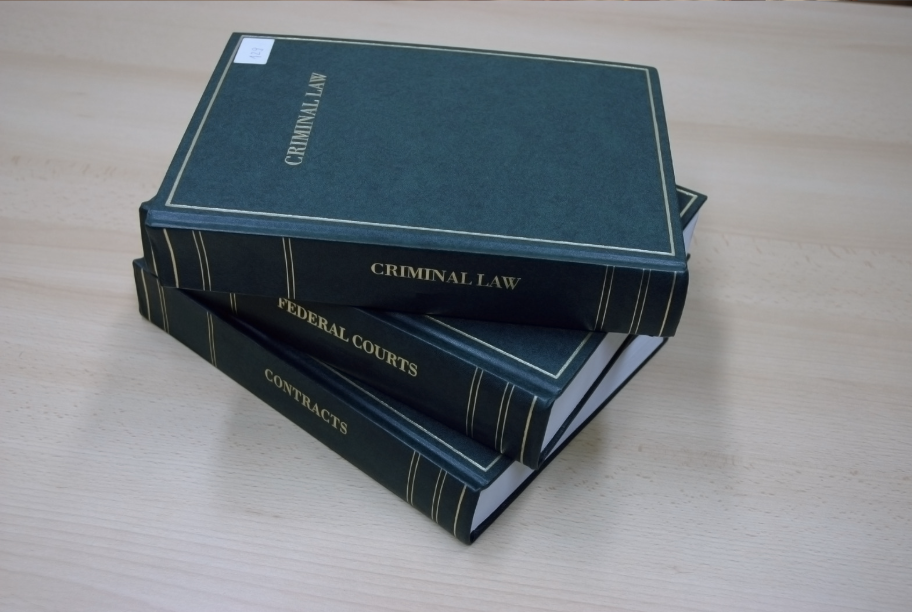Supreme Court to Hear Case on TikTok: Implications for National Security and Free Speech
The U.S. Supreme Court is set to hear a critical case that could determine the future of TikTok within the United States, amidst escalating concerns regarding national security and user privacy. The case arises following the enactment of a law earlier this year mandating TikTok’s Chinese parent company, ByteDance, to divest ownership to a U.S.-based entity by January 19, 2025. If this requirement is not met, TikTok faces a potential nationwide ban. This legislation reflects broader apprehensions highlighted by the Biden administration and various lawmakers about the implications of foreign ownership of tech platforms.
National Security Concerns
The impetus for this law is rooted in fears that ByteDance could be compelled to provide user data to the Chinese government, thereby endangering the privacy and security of American citizens. Crucially, these concerns are not unfounded; they stem from previous reports about China’s national security laws that could obligate companies to cooperate with government data requests. Despite TikTok’s assurances regarding robust data protection tactics and privacy measures, skepticism remains rampant among lawmakers and the public, as they weigh the potential risks posed by allowing the platform to continue operating under its current ownership.
Freedom of Expression and TikTok’s Legal Challenge
TikTok has responded to the legislative actions by filing a legal challenge against the law. The platform argues that the law fundamentally violates the First Amendment rights of its users by curtailing freedom of expression. TikTok contends that the national security arguments presented by the government are speculative and do not justify such extreme measures, which could result in significant restrictions on how millions of users engage with the platform. By framing the issue as a crucial freedom of speech dispute, TikTok has positioned itself as a defender of digital rights and user autonomy.
Complications from Political Figures
Adding further complexity to the situation is a recent proposal by former President Donald Trump. He suggested postponing the implementation of the law to allow both parties to negotiate and explore possible resolutions. This unexpected turnaround highlights the intricate relationship between politics and technology, as well as the challenges lawmakers face in navigating the balance between national security concerns and individual freedoms. Trump’s proposal raises questions about the feasibility of actual negotiations and whether they would lead to a solution that satisfies both national security imperatives and public opinion.
The Supreme Court’s Potential Impact
The impending decision from the Supreme Court is anticipated to set a significant legal precedent regarding the government’s ability to impose restrictions on private companies in the name of national security. Legal experts and industry stakeholders are acutely aware of the broader ramifications of this ruling, as it may influence how future cases are handled and the extent to which the federal government can intervene in matters of national importance involving private enterprises. In particular, the case may serve as a touchstone for discussions about privacy rights and the government’s regulatory scope in an increasingly digital world.
Conclusion: The Future of TikTok in the U.S.
As the January 2025 deadline looms, the Supreme Court’s ruling will be pivotal in determining whether TikTok can maintain its current ownership structure in the United States or if it will need to undergo a significant operational overhaul to comply with the new legal framework. The outcome of this case has the potential not only to reshape the future landscape of social media in America but also to affect privacy rights and government regulations related to the technology sector. Observers are keenly watching, as the decision could resonate far beyond TikTok, influencing the strategies of tech companies and the nature of digital engagement in the years to come.
FAQs
What will happen if TikTok does not comply with the new law?
If TikTok fails to transfer ownership to a U.S.-based entity by January 19, 2025, the platform could face a nationwide ban, effectively preventing users in the U.S. from accessing the app.
How does the law affect user privacy?
The law primarily focuses on national security concerns, particularly the potential for user data to be accessed by the Chinese government. The Biden administration and lawmakers fear that ByteDance may be compelled to share user data under Chinese law.
What are TikTok’s arguments against the law?
TikTok argues that the law infringes on the First Amendment rights of its users, claiming it unfairly suppresses freedom of expression. The company contends that the government’s national security fears are speculative and not justified.
What role does politics play in this case?
Political opinions significantly influence the’stance lawmakers take on TikTok. Former President Donald Trump’s suggestion to delay the law’s enforcement illustrates how political figures can impact negotiations and public perception regarding national security and technology.
What implications does the Supreme Court ruling have for future tech regulations?
The outcome of this case may set a precedent for how government can impose regulations on technology companies in the name of national security, potentially shaping future policy and the relationship between tech firms and regulatory bodies.

